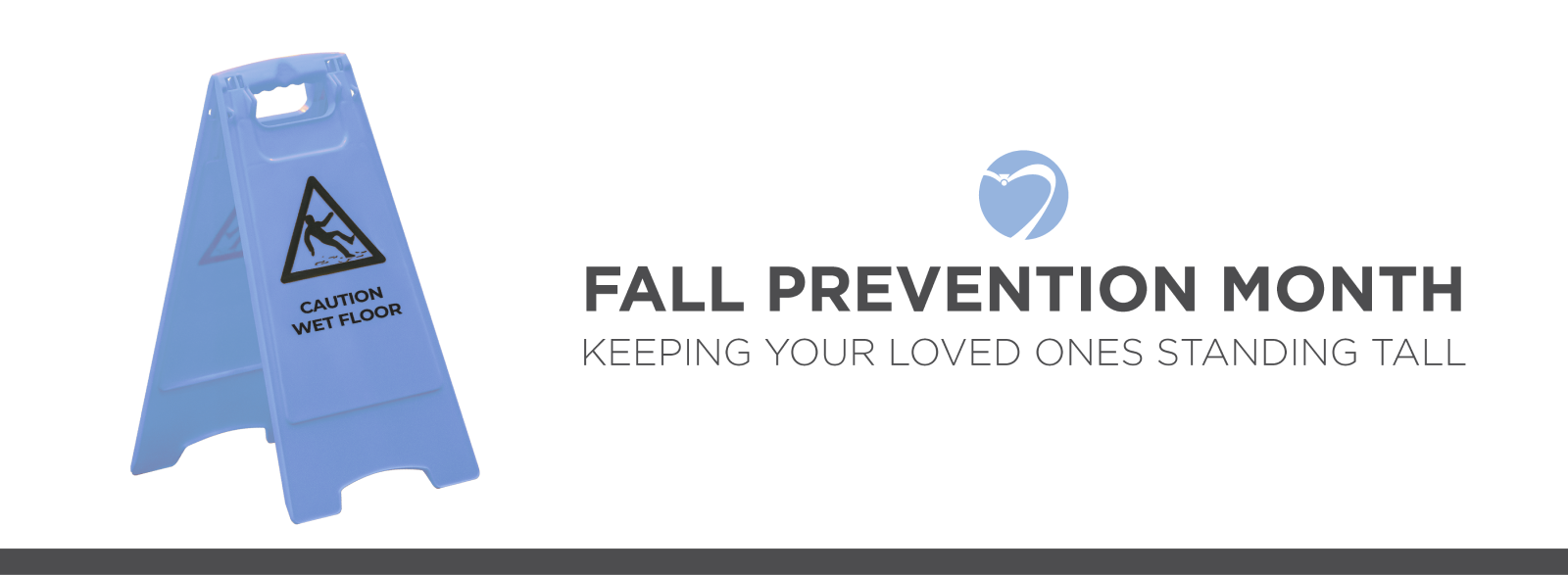Our Blog
Keep Up With What's Happening!
.png)

contact us to speak directly to a care team expert:

Some Advice to Sleep On – June 19, 2014
When’s the last time you got a good night’s sleep? Sleep is a great time to let your mind and body recharge, and as you age, it becomes even more important to get good quality sleep. At Capital City Nurses, we know that good sleep leads to good aging, and we want to help you get to sleep – after you finish this blog.
A University of Oregon study recently found that sleep plays an important part in cognitive functions. People who sleep longer than nine hours or less than six hours were found to have significant deficits in their cognitive functions when they were tested against those who got six to eight hours of sleep.
But putting in the hours isn’t enough: quality sleep, in which you cycle through deep REM sleep, is the goal. The National Institute on Aging reports that as we age, our body naturally gets less and less REM sleep. This lack of REM sleep may explain why you become a lighter sleeper as you age.
“If you don’t get a good night’s sleep,” says the National Institute on Aging. “The next day you may be irritable, have memory problems, feel depressed, have more falls, or feel very sleepy during the day.”
How do you avoid these problems? Develop a sleep strategy.
The National Institute on Aging recommends building up a sleep schedule, by going to bed at the same time every night and skipping naps. You should also keep your bedroom a calm environment, dedicated to sleep: keep it dark, quiet and comfortable to promote sleep. If you’re not planning on sleeping, avoid your bedroom. This will help you mentally associate the room with sleep.
Keeping a healthy diet and good exercise cycle will help your quality of sleep as well. Try to get some Vitamin D in your body, by venturing into sunlight or with a supplement. If you’re a chocoholic, get your fix early. The caffeine found in chocolate can be just as damaging to your sleep cycle as the caffeine found in coffee, soda and tea. If you find yourself getting up in the night to use the lavatory, you may want to consider limiting your beverage intake before bed.
If you still find yourself having trouble sleeping, it may be time to see a doctor. Remember that you should not wake up exhausted after a full night’s sleep.
Whether you’re hoping to improve your restless nights or realizing that your bedtime needs to be altered, it’s important to give your body a proper rest. Quality sleep is the key to aging well, so make sure you’re giving your body everything it needs to keep you bright-eyed and bushy-tailed in the morning.
Good night.


.png)












